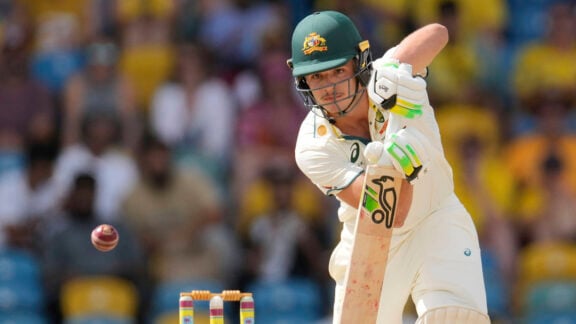A total of 64 medals saw Greece enjoy its most successful showings ever in the Mediterranean Games.
The squad that Greece sent to the games in Pescara, Italy, included many young athletes, a great number of whom were under 20 years old but they did much to make Greece proud.
Greece actually collected more medals than it had at the previous Mediterranean Games.
Greece won 59 medals with a full-strength team in Almeria, Spain in 2005.
Apart from the doping cases of two weightlifters, Nikos Kourtidis and Constantina Lapou, who tested positive for stanozolol and were deprived of their medals (two golds for Kourtidis and a bronze for Lapou), the Greek representation returns home having earned excellent marks, with 19 gold medals, 14 silver and the 31bronze medals it won over the Games’ 10 days.
After an impressive five gold medals in rowing, four golds in track and field and two each in karate and gymnastics, Greece celebrated yesterday its second gold medal in judo, as the sport’s favorite Ilias Iliadis triumphed in the 90-kilogram category.
Iliadis, a gold medalist in the 2004 Olympics in Athens and Greece’s flagbearer in the Beijing Olympics last summer, scored three rather easy wins at Pescara to show he is back in top form. The other gold medal in judo was won by Ioulieta Boukouvala.
In team sports, the men’s basketball team saw Greece finish second when the national team lost to Croatia 72-60 in the final on Saturday.
In water polo, Greece came seventh and in volleyball, sixth.
The games at Pescara were also an important experience for the organizers of the next games, which are to be held in Volos and Larissa, central Greece, in 2013.
The problems seen in various aspects of the competition’s organization must not be repeated, as the hosting of the event by the Italian city did very little for the prestige of the Mediterranean Games.
“We should not do what the Italians did,” the head of the Greek squad in Pescara, Antonis Nikolopoulos, stated yesterday.






